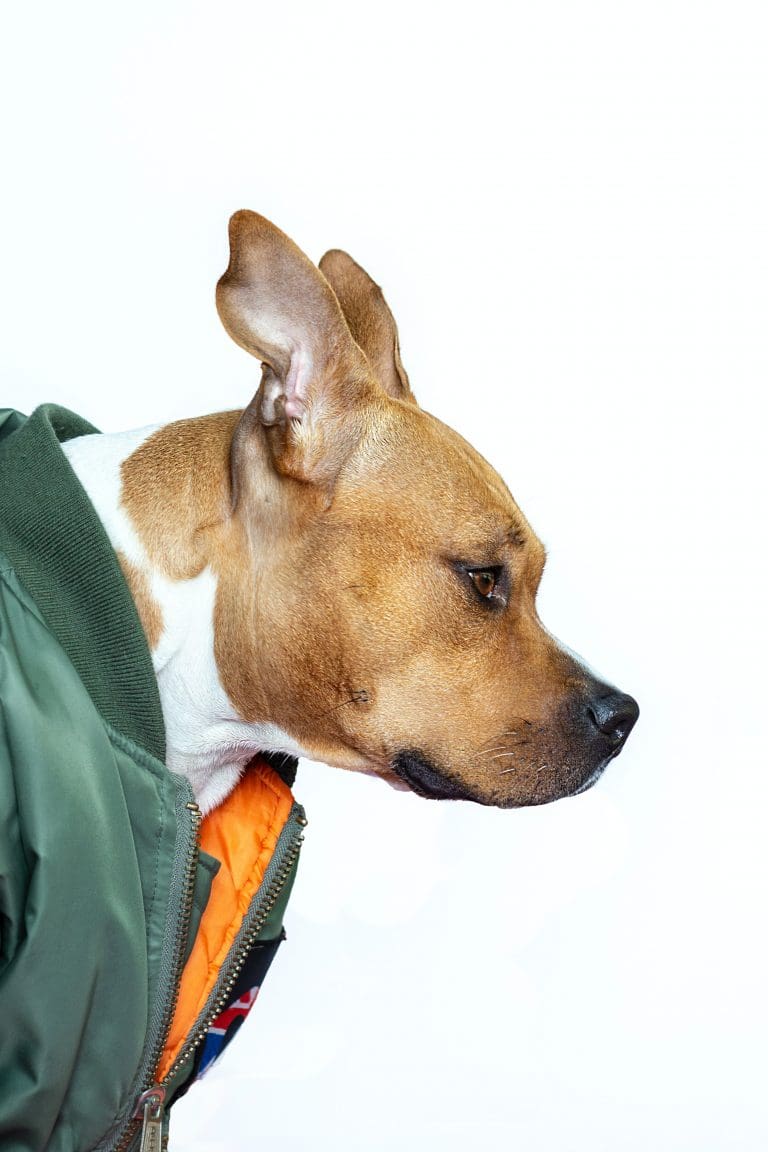Why Do Dogs Cry In Their Sleep?
Post Date:
December 10, 2024
(Date Last Modified: December 13, 2024)
If you’ve ever watched your dog peacefully slumbering, only to be startled by soft whimpers or cries, you may have wondered why this happens. It’s a common experience for many dog owners, and it can be concerning to hear your furry friend vocalizing during their rest. Understanding why dogs cry in their sleep can shed light on their emotional and physical well-being.
The Sleep Cycle of Dogs
Dogs, like humans, experience different stages of sleep. During the rapid eye movement (REM) stage, their brains become highly active, and this is when dreaming occurs. You might notice your dog twitching, moving their paws, or making sounds during this time. These behaviors are normal parts of their sleep cycle, indicating that they are engaged in dreaming.
Dreaming and Its Impact
When dogs cry in their sleep, one reason could be that they are dreaming. Just like us, dogs can have dreams reflecting their daily experiences, fears, or instincts. If your dog has had an adventurous day, they might be dreaming about chasing a squirrel or playing with their favorite toy. The sounds they make can range from soft whimpers to more pronounced cries, and this is often harmless.
Anxiety and Distress
Another possibility is that your dog may be experiencing some level of anxiety or distress while asleep. Just as humans can have nightmares, dogs can too. Stressful events, such as a vet visit, a loud storm, or changes in their environment, might manifest in their dreams. If your dog cries more during challenging times, it’s essential to provide comfort when they wake up.
Physical Discomfort
Physical discomfort can also contribute to why dogs cry in their sleep. Conditions like arthritis or joint pain can make it difficult for them to find a comfortable sleeping position. If your dog appears to be in pain while sleeping, consulting with a veterinarian may be necessary to rule out any underlying health issues.
Age-Related Factors
Age plays a role in a dog’s sleep patterns as well. Puppies and younger dogs might cry in their sleep more often due to their developing brains. Older dogs may experience changes in their sleep patterns and may become more vocal as they age. This vocalization could indicate cognitive decline or other age-related issues, so monitoring changes in their behavior over time is important.
Approaching Crying During Sleep
If you find your dog crying in their sleep, it can be tempting to wake them up or comfort them immediately. However, it’s vital to approach this situation with care. Waking a dog abruptly can startle them and may lead to confusion or even aggression. Instead, observe them for a moment to see if they settle down on their own. If they seem distressed upon waking, offering gentle reassurance can help them feel safe.
Creating a Comfortable Sleep Environment
Establishing a comfortable sleeping environment can minimize the chances of your dog crying in their sleep. Ensure they have a cozy bed in a quiet, familiar space where they feel secure. Incorporating calming activities before bedtime, such as gentle play or cuddle time, can also help your dog feel more relaxed as they drift off to sleep.
The Importance of Daily Stimulation
In some cases, persistent crying during sleep may indicate a need for more attention or stimulation throughout the day. Dogs are social creatures that thrive on interaction. If your dog appears restless, consider increasing their exercise and playtime. Engaging in regular walks and mental stimulation can tire them out and promote a better night’s sleep.
Observing Changes in Behavior
Being attentive to your dog’s needs is crucial. If their vocalizations during sleep are accompanied by concerning signs, such as changes in appetite, lethargy, or alterations in behavior, consulting a veterinarian is advisable.
Although it can be worrying to hear your dog cry in their sleep, it’s often a normal part of their sleep cycle. Whether they are dreaming, experiencing anxiety, or dealing with physical discomfort, understanding these factors can help you provide the best care for your furry friend. Observing their behavior, maintaining a comfortable environment, and ensuring they receive plenty of love and attention can contribute to a more peaceful sleep for both you and your dog.
By remaining observant and responsive, you can foster a loving environment that promotes health and happiness for your beloved pet.






